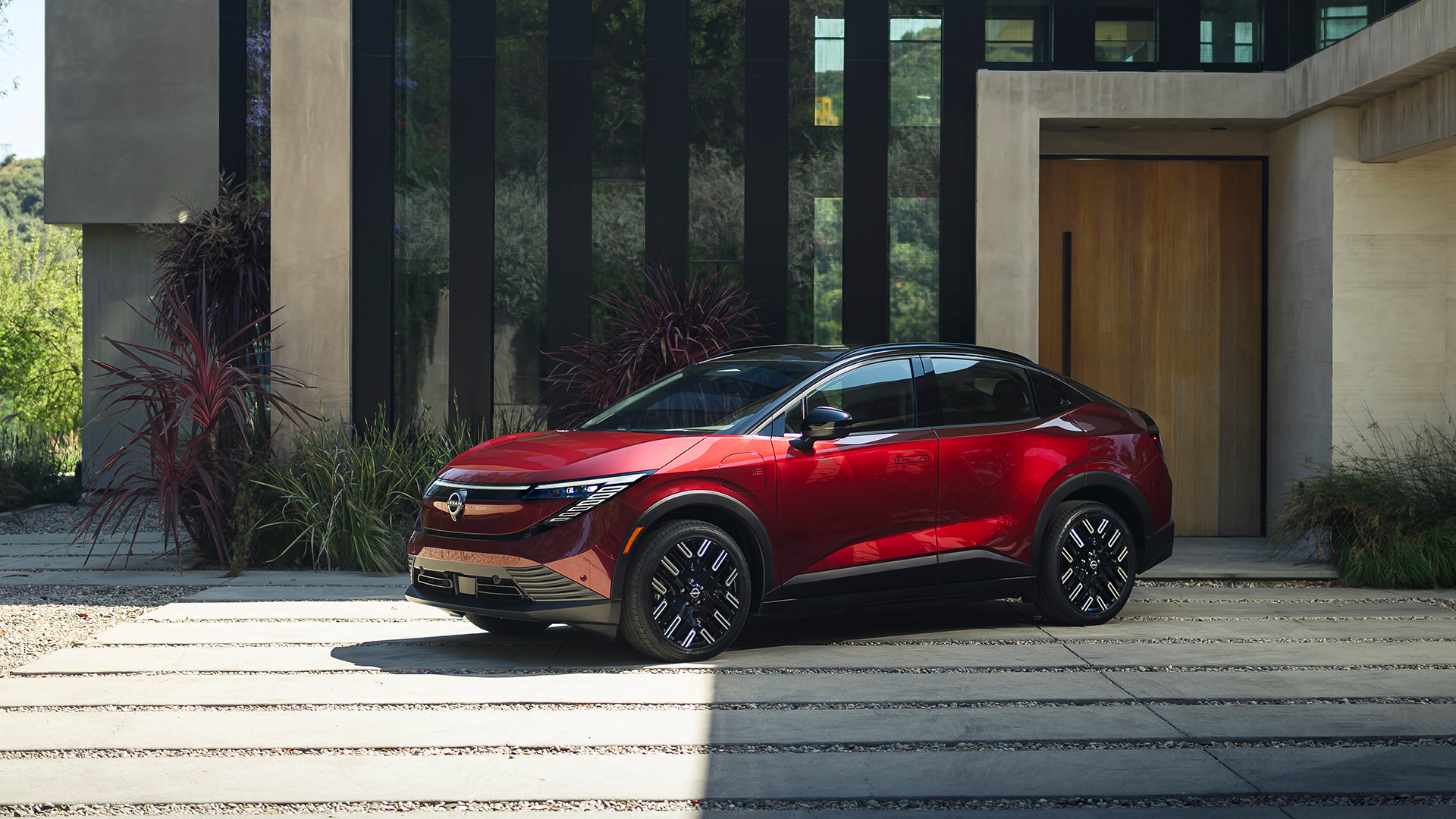- Nissan partners with LiCAP Technologies to accelerate mass production
- The company has already opened pilot lines in its manufacturing plants
- The launch of the technology could occur in the coming years.
Nissan has joined the growing list of auto and battery manufacturers that have reported recent advances in solid-state battery technology.
Fierce rivals Toyota, for example, announced last week that they are already looking to mass produce the groundbreaking electric vehicle battery breakthrough that it claims will deliver fast charging speeds, improved electric range and greater battery pack longevity.
Although solid-state batteries (let’s call them ASSB for short) have demonstrated their capabilities in prototypes and test environments, they have so far not become a widely available commercial application due to the complex and expensive manufacturing process.
According to Nikkei, Nissan last month secured a partnership with US-based LiCAP Technologies, a company that uses a novel “activated dry electrode” technology that is said to reduce the costly and toxic traditional “wet electrode process.”
In addition to this, the Japanese manufacturer is on track to have fully operational solid-state battery assembly lines at its Yokohama plant, having opened pilot lines earlier in the year.
Recently, the prototype cells produced on these pilot lines reached a major milestone in meeting the performance targets required for mass production, so it is only a matter of time before Nissan can begin implementing them into a commercially available EV product.
Analysis: Pursuing solid state could hold back new electric vehicles

The race for solid-state batteries intensifies every month, as more automakers and battery producers go public with claims of epic real-world mileage (see Mercedes-Benz’s work) or advances in mass production processes that could help bring the technology to market.
Earlier this month, Toyota said it would be the first to “achieve the world’s first practical use of all-solid-state batteries in BEVs” with a proposed date of 2027, although this has also been claimed by Chinese battery giants CATL and BYD.
Actually, China’s SAIC Motor, which owns the MG brand, has come the closest so far by offering the new MG4 with a semi-solid state battery, but its stats are still some way off the ASSBs’ promises.
Unfortunately, consumers’ biggest concern right now is that automakers will stop developing current EV battery chemistries while they wait for the arrival of more powerful mass-produced solid-state technology, which in turn could cause buyers to sit still as well.
Nissan, for example, recently stopped selling its Ariya EV in North America due to slow uptake and the impact of numerous tariffs, leaving only the new Leaf as the company’s only electric vehicle offering in the United States.
Elsewhere, Nissan will offer both the Micra (based heavily on the Renault 5 EV) and the updated Leaf, but it’s not exactly the comprehensive power line-up that helps customers make the transition to electrification.
It’s a similar story with Honda, which appears to be waiting for its new 0 Series and the introduction of solid-state batteries to make a splash in its EVs, meaning the next few years could be quite slow for new EV models from established automakers.
Follow TechRadar on Google News and add us as a preferred source to receive news, reviews and opinions from our experts in your feeds. Be sure to click the Follow button!
And of course you can also follow TechRadar on TikTok for news, reviews, unboxings in video form and receive regular updates from us on WhatsApp also.



